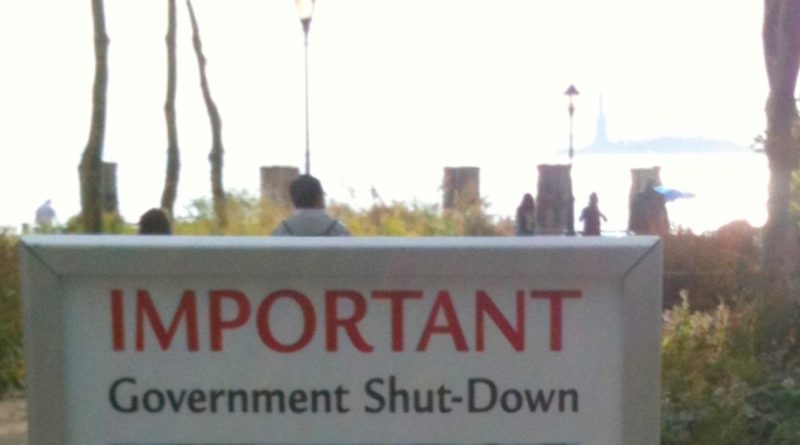Strike? What strike?
The public service strike has, well, not really impacted a lot of us but I’ll pretend that it’s a big deal in Canada.
I remember growing up and hearing from my parents that a government job was where it’s at. It meant good pay, good benefits and job security. (I should point out that neither of my parents worked for the federal government, though my mom did work in the provincial school system for over 30 years.)
As word of the strike made headlines throughout Canada it caught people off guard, though the impact was largely only felt by people waiting on a passport and those who don’t file their taxes online. I realize other departments and services are impacted but for most Canadians, the strike doesn’t mean much.
In other words: Strike? What strike?
Whenever we hear complaints surrounding government jobs we need to take a step back and think about how other workers (non-union, mostly) don’t have the negotiating and bargaining power that a high-profile union does, let alone an equivalent salary for similar work.
According to Public Service Alliance of Canada, about 60 per cent of all striking workers earn less than $70,000 per year. Annnnnnnd right there, they just lost the support of people who make much less than that.
So, the minimum-wage worker answering phones in a call centre has the same task as a federal worker but is making a lot less with fewer benefits. What makes one position better — and by that I mean worthy of more money — than the other? Just because one is a government role doesn’t mean it should be treated differently.
Much has been made about remote work options for federal workers. True, many industries experimented with work-from-home options because of pandemic shutdowns but the majority have shifted their setups to either have people back in the office full time or split time between office and home.
Another debate has sprung up about federal employees working from home and having our personal information outside of a secure location, such as an office.
Around 15 years ago, as part of an investigative report about call centres, I took a job answering phones in downtown Winnipeg. The company, now out of business, took seriously its security protocols — so much so that it was a pain in the ass for its employees.
Cellphones were not allowed on the call centre floor and you were never allowed to write down a credit card number (even if the piece of paper was immediately put into a shredder). The company was taking donations for non-profit organizations. At the time, I felt it was a bit ridiculous but after thinking about it, I appreciated their level of security.
I’m not sure that Canadians want information about their taxes or Employment Insurance claims accessible in random employee’s houses. I realize they sign confidentiality agreements but how do we know they’re using a secure internet connection and that their personal laptop doesn’t have spyware on it? We don’t.
While I appreciate workers expressing their right to strike, I always want them to think about how they’re often in a better position than the “average” worker as it relates to demands about the workplace.



